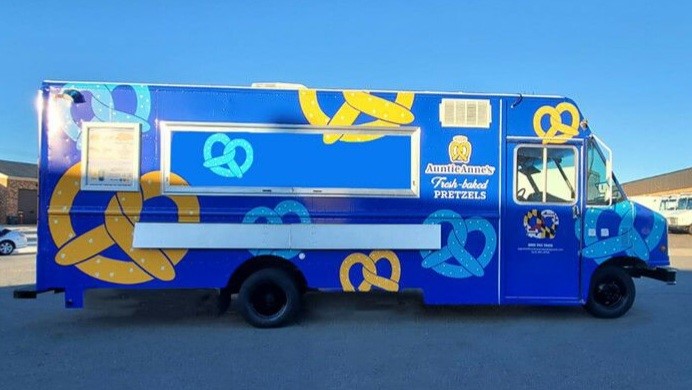Food trucks have grown into something much bigger than mobile kitchens. They offer global flavors on local streets and bring cultural traditions, creative fusion, and community energy to parking lots, parks, and festivals around the world.
This article looks at how food trucks reflect a changing food culture—where innovation, accessibility, and connection matter just as much as the menu.
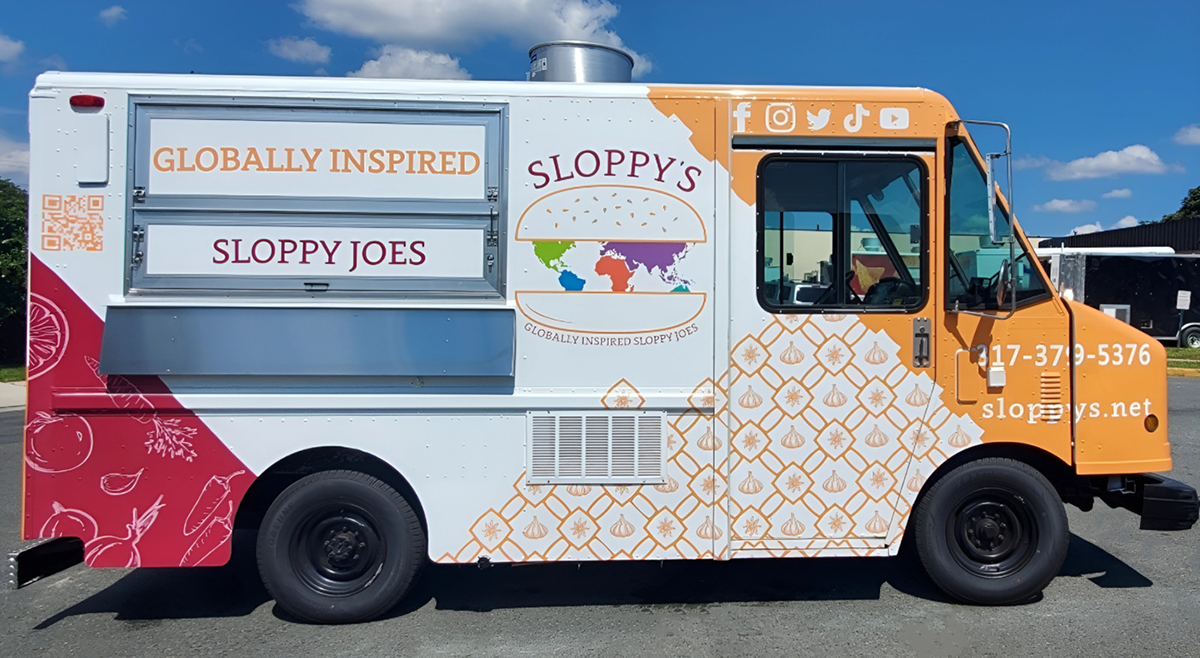
Global Flavors on Wheels
Custom food trucks make it possible to try flavors from around the world—without leaving your city. You might grab a Korean BBQ taco from one truck and fresh falafel from another parked right next to it. This type of variety isn’t an accident; it’s a reflection of how diverse and blended modern cities have become.
For many people, food trucks are an introduction to dishes they’ve never tried. And for chefs, they’re a way to share cultural recipes with new audiences.
Fusion Without Borders
Food trucks often push boundaries, mixing ingredients and techniques from different cuisines. Some popular examples:
- Korean-Mexican tacos
- Japanese-Peruvian skewers
- Mediterranean-style burgers
These blends come from experimentation, not committees. Owners try things out, get feedback, and adjust fast. That freedom leads to some of the most memorable street food experiences.
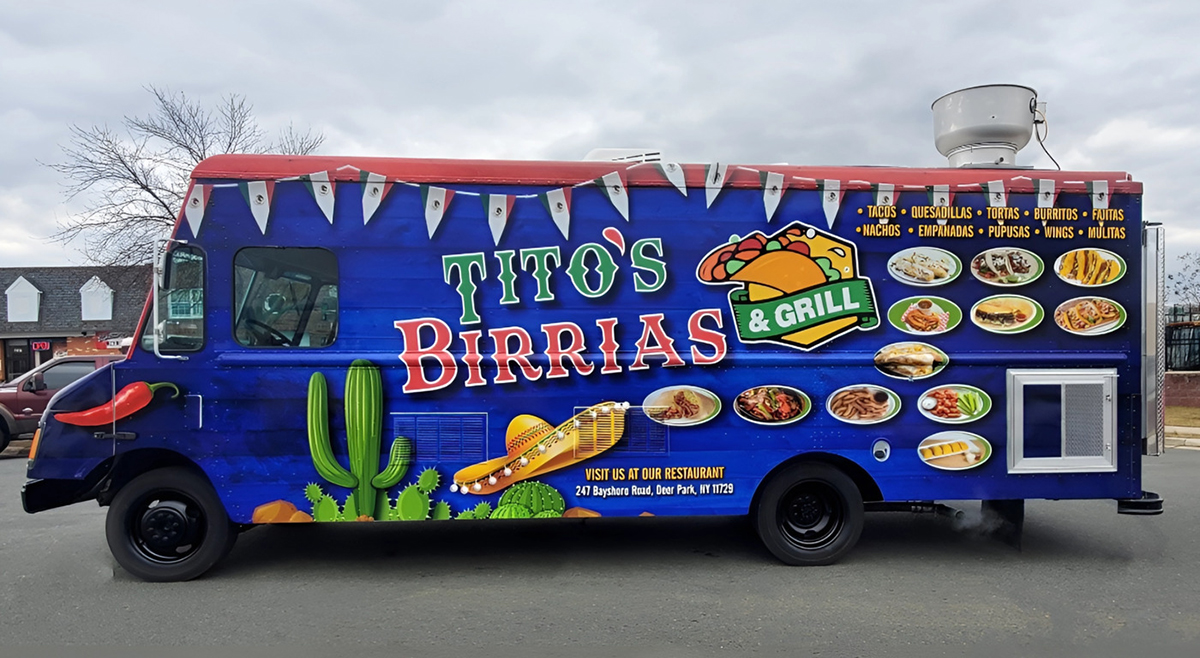
Affordable, Quality Meals
Food trucks are known for serving fresh, high-quality meals at lower prices than traditional restaurants. Their lower overhead costs allow them to pass savings on to customers, making great food more accessible.
That affordability matters—especially in cities where dining out can get expensive fast. Food trucks offer real meals without cutting corners.
Food Truck Owners Are Builders
For many chefs, a food truck is the first step toward launching their own business. It’s more affordable than opening a restaurant, and it gives them control over their menu, hours, and branding.
This has helped create a new class of culinary entrepreneurs—people with talent and drive who might otherwise have been shut out of the food industry.
Read More: How To Start A New Food Truck
Mobile Kitchens, Real Community
Food truck events turn parking lots and open spaces into social hubs. Friends gather, families picnic, and strangers end up sharing tables. Unlike traditional restaurants, the layout is open, casual, and inviting.
These trucks serve more than food—they create shared moments. Cities that embrace food truck culture often see stronger community connections as a result.
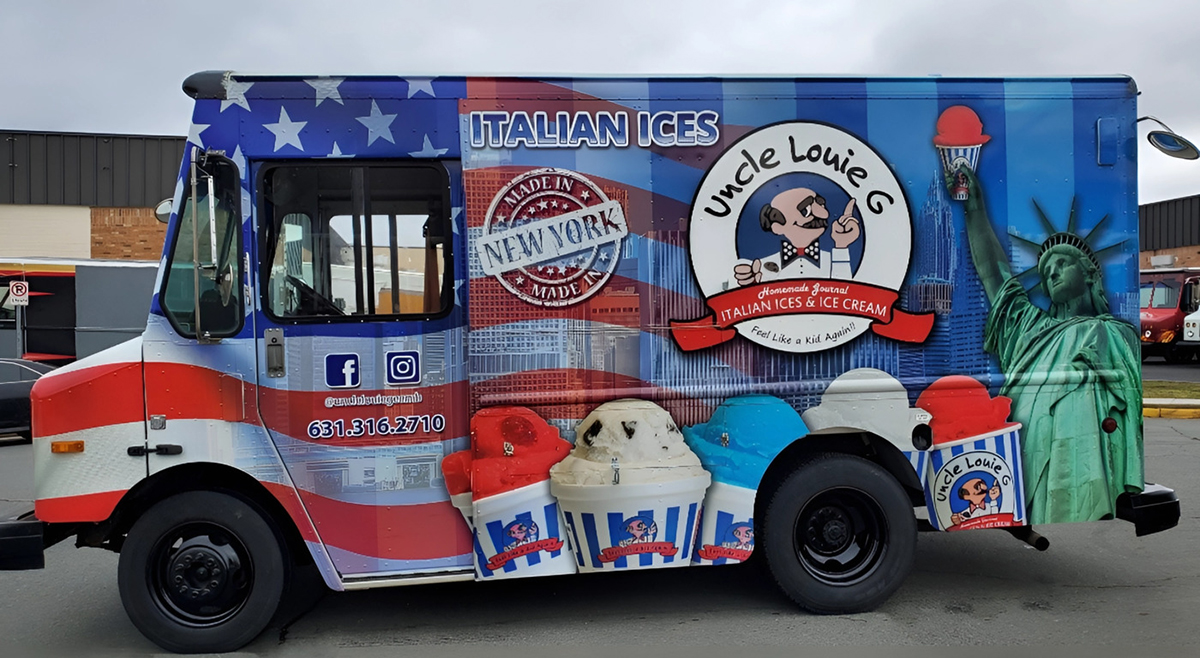
Eco-Friendly by Design
Smaller kitchens mean less energy use. Streamlined menus reduce food waste. And many food truck owners use local, seasonal ingredients to cut down on shipping and storage needs.
Eco-friendliness and sustainability may not be the first thing customers notice, but it’s part of why food trucks can be a better long-term model for modern cities.
Tech Keeps Trucks Moving
Mobile apps and social platforms help people find food trucks, see real-time locations, and place orders ahead of time. This removes guesswork for customers and helps trucks plan inventory better.
It’s a simple upgrade, but it makes a big difference in how people experience street food today.
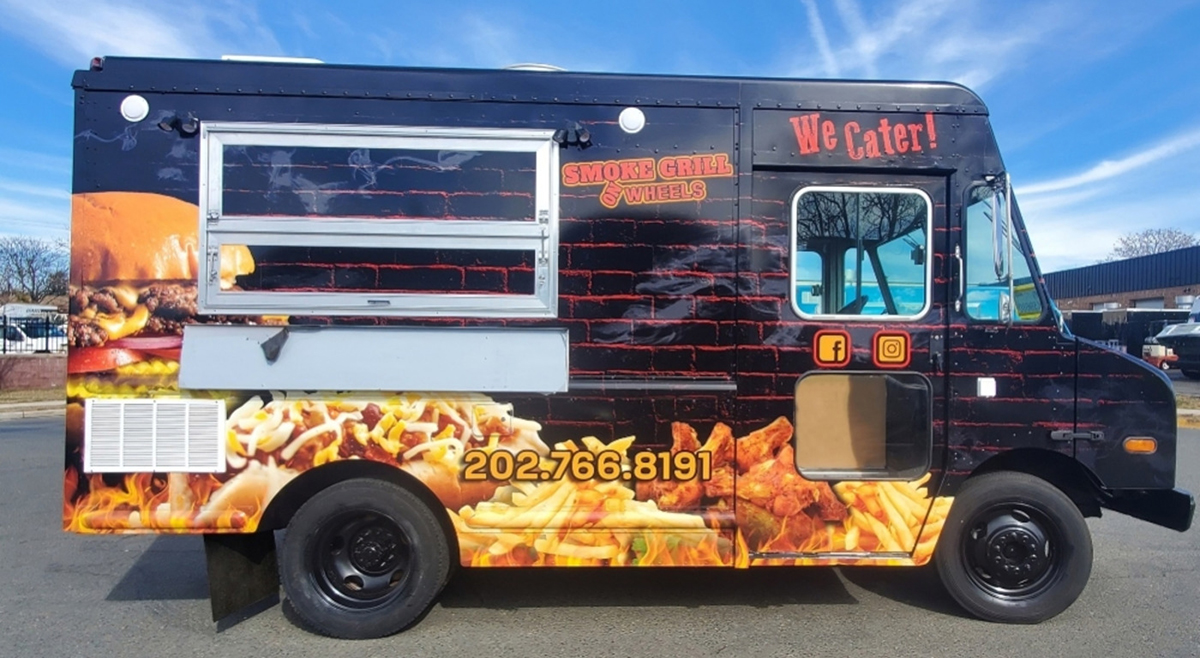
A Flavorful Future
Food trucks aren’t a trend—they’re a growing part of how people experience food. They bring new ideas to the streets, support small business owners, and help cities feel more connected.
If you’re ready to build your own mobile kitchen, Elhaj Custom Food Trucks & Trailers can help. We design custom food trucks that match your vision and meet real-world needs—built for service, speed, and success.

